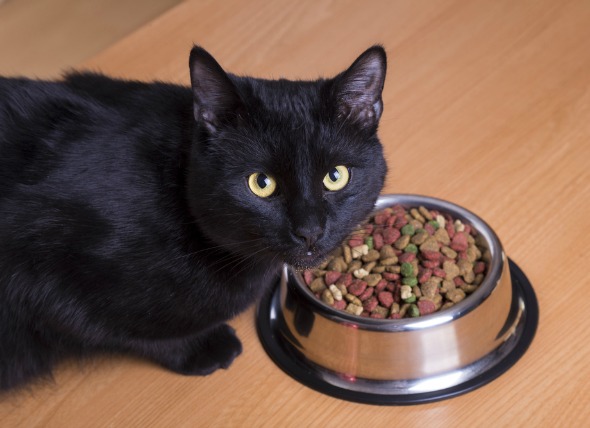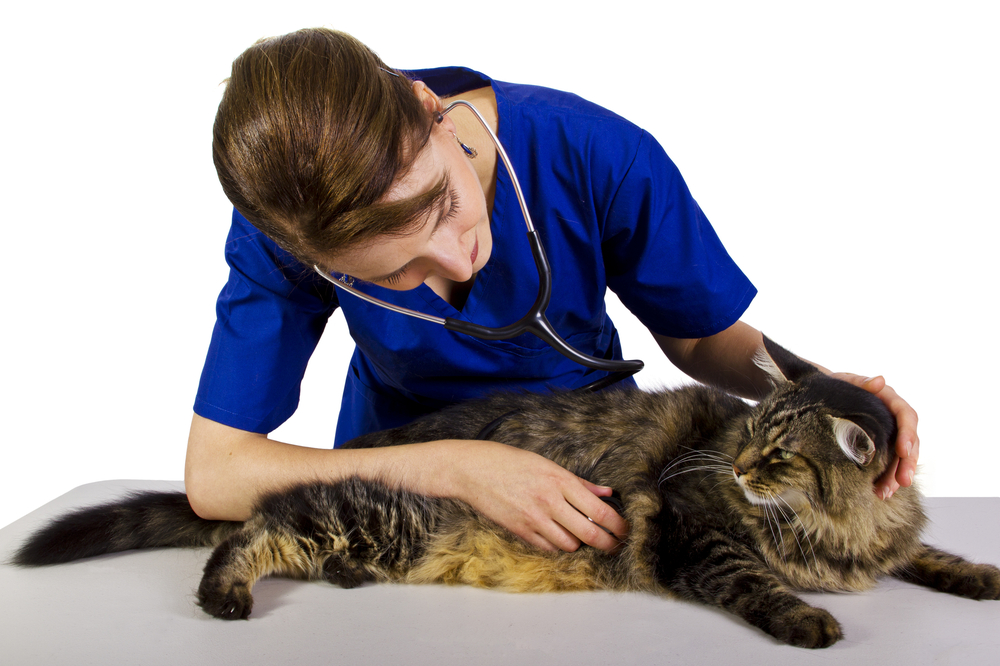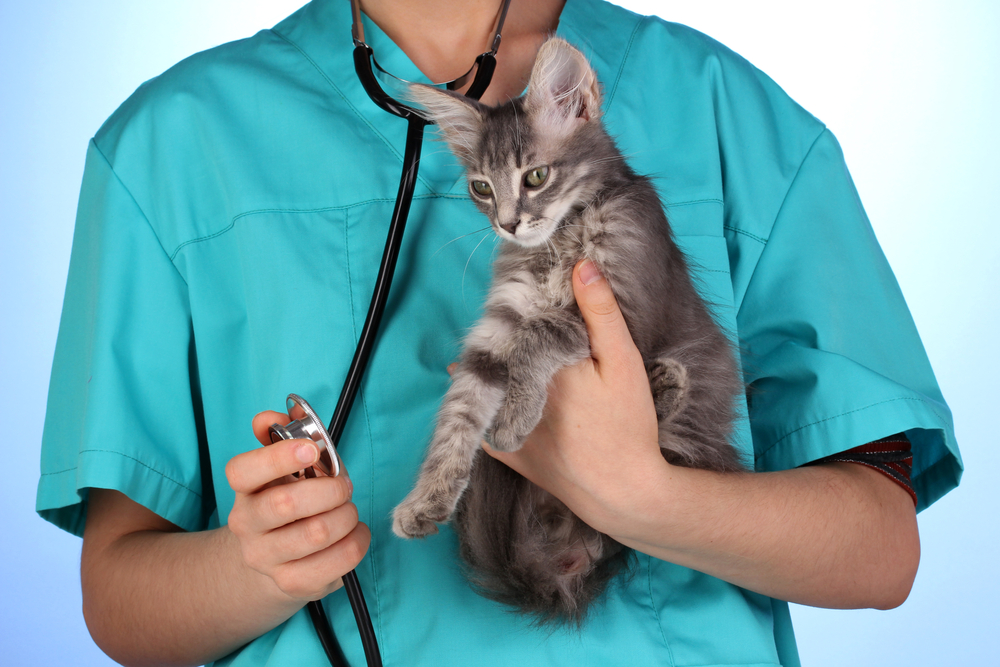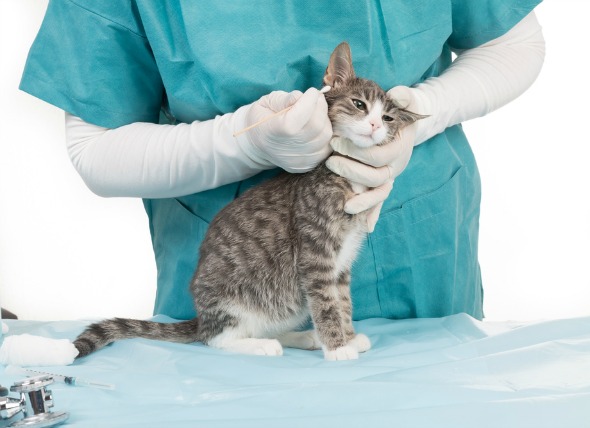
Lymphocytic-plasmacytic gastroenteritis is an inflammatory bowel disease in which lymphocytes and plasma cells (antibodies) enter the lining of the stomach and intestines. It is thought to be caused by an abnormal immune response to environmental stimuli due to loss of normal immune regulation. Bacteria in the intestine may also be a trigger.
Continued antigen exposure (substances that stimulate the production of antibodies), along with unregulated inflammation, results in disease, although the exact mechanisms and patient factors that cause this remain unknown. Lymphocytic-plasmacytic gastroenteritis is the most common form of inflammatory bowel disease (IBD) to affect dogs and cats.
Signs vary dramatically from patient to patient depending on disease severity and organ affected. Symptoms to look for include:
Your veterinarian will do a complete physical exam and take a thorough history from you. A chemical blood profile, urinalysis, and an electrolyte panel will be ordered. Depending on their results, he or she may run intestinal tests or take blood to check the function of your cat’s thyroid and pancreas.
A sample of feces will be taken to check microscopically for any parasites, and an endoscopy -- which uses an endoscope, a minimally invasive tubular tool that is equipped with a camera and tools for taking biopsy samples -- may be performed to examine the interior linings of the stomach and intestines in more detail. This is a very useful method for your veterinarian to better see the condition of the stomach and intestines and to take samples for testing, better enabling your doctor to make a conclusive diagnosis.
Your veterinarian may need to keep your cat in the hospital temporarily if it is severely dehydrated due to chronic vomiting and diarrhea. There, your cat will be given nutrients by intravenous fluids instead of solid food to decrease the injury caused by vomiting.
If your cat is severely underweight as a result of the gastroenteritis, your veterinarian may insert a stomach tube to feed your cat so that the nutrition bypasses the inflamed and sensitive stomach tissues and crosses into the intestines, where it can be turned into energy for the body. Depending on the underlying cause, your veterinarian will also change your cat's diet to something that will not continue to inflame the tissues, and will be easily digested by the body, allowing the body to gain nutritionally.
If the cause of the gastroenteritis is thought to be related to allergy, your veterinarian will switch your cat to an elimination and food trial diet, which will be strictly controlled in home by you. Medicines are also available to treat this disorder, but this will depend on which disease is found to be causing your cat's illness.
Your veterinarian will tell you when to bring your cat back for a follow-up appointment. If the cat is still very ill or if the cat has been prescribed a strong medication, less time will pass between check-ups. As your cat stabilizes, your veterinarian will want to examine your cat less often.
You and your veterinarian must work together to formulate food trials and assess the results on a continual basis until there are no more signs of illness.
 Skin Disease Due to Food Allergies in Cats
Dermatologic Food Reactions in Cats
While the pat
Skin Disease Due to Food Allergies in Cats
Dermatologic Food Reactions in Cats
While the pat
 Fungal Infection (Histoplasmosis) in Cats
Histoplasmosis in Cats
Histoplasmosis refers to a
Fungal Infection (Histoplasmosis) in Cats
Histoplasmosis in Cats
Histoplasmosis refers to a
 Bacterial Infection (Campylobacteriosis) in Cats
Campylobacteriosis in Cats
Campylobacteriosis is
Bacterial Infection (Campylobacteriosis) in Cats
Campylobacteriosis in Cats
Campylobacteriosis is
 The Consequences of Feeding Wild Cats
The Consequences of Feeding Wild Cats
The Consequences of Feeding Wild Cats
The Consequences of Feeding Wild Cats
 Ear Mites in Cats
Otodectes cynotis Mites in Cats
Otodectes
Ear Mites in Cats
Otodectes cynotis Mites in Cats
Otodectes
Copyright © 2005-2016 Pet Information All Rights Reserved
Contact us: www162date@outlook.com